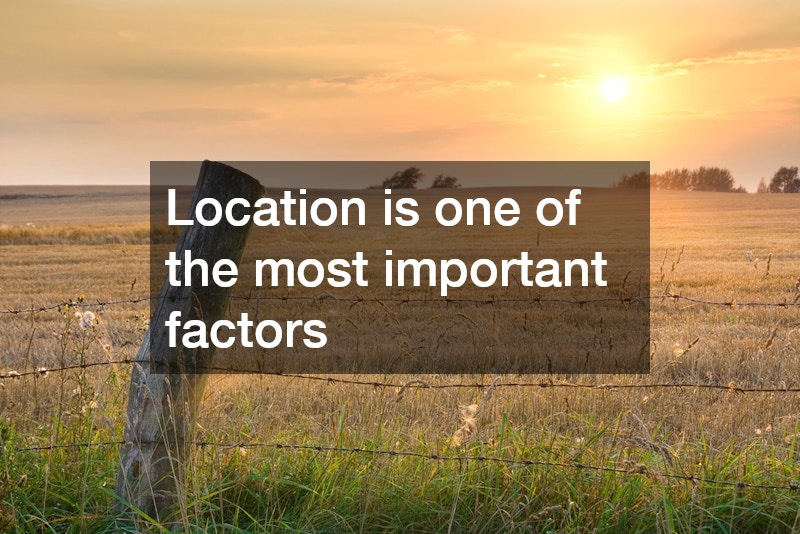
Purchasing land is an exciting venture that can provide endless opportunities. Whether you’re planning to build your dream home, start a farm or invest for the future, understanding the process is essential. With so many pieces of land for sale across Australia, knowing what to look for can make a significant difference in your purchase. This guide will walk you through everything you need to consider before making one of the most important decisions of your life.
Understand Your Purpose
Before exploring pieces of land for sale, it’s important to identify your purpose. Are you buying for residential, commercial or agricultural use? Each type of land comes with different zoning regulations, costs and potential.
Residential land might offer the ideal space for your family home, while agricultural land could provide opportunities for farming or grazing. Knowing the purpose of your land will guide your decisions and help you narrow your search.
Research Locations Thoroughly
Location is one of the most important factors when considering pieces of land for sale. Consider proximity to schools, shops, transport and work. Rural properties may offer more space and privacy but could be further from essential services. Conversely, urban plots may come with higher prices but offer convenience. Researching the location will help ensure your investment aligns with your lifestyle and long-term goals.
Check Zoning and Regulations
Each parcel of land comes with specific zoning and regulations. Before buying, check local council rules to determine what is permitted. Some land may be zoned for residential purposes, while others may be restricted to commercial or agricultural use. Understanding these rules can prevent costly mistakes and limit future complications. It’s also important to confirm whether there are any easements, covenants or restrictions that could affect your intended use of the land.
Inspect the Land
Visiting pieces of land for sale in person is crucial. Online listings can provide photos and descriptions but cannot capture the full picture. Inspect the land to check its topography, soil quality, drainage and accessibility. If you plan to build, ensure the land is suitable for construction and can support your project. It’s also wise to assess the surrounding environment, including potential noise, traffic and flood risks.
Understand Costs Beyond Purchase Price
Buying land involves more than the initial purchase price. Factor in additional costs such as legal fees, stamp duty, surveying fees, council rates and development charges. If you plan to build, construction costs must also be considered. Being aware of all potential expenses will prevent surprises and help you budget effectively for your investment.
Consider Financing Options
Financing land can be different from financing a house. Many lenders require a larger deposit for vacant land, and interest rates may be higher. It’s essential to explore different financing options and speak with a mortgage broker if necessary. Understanding your borrowing capacity will help you make a realistic offer and avoid overcommitting financially.
Evaluate Long-Term Potential
When reviewing pieces of land for sale, consider its long-term potential. Will the area grow in value over time? Are there planned developments or infrastructure projects nearby that could increase demand? Investing in land is often a long-term decision, so it’s important to look beyond immediate needs and consider future opportunities.
Conduct Due Diligence
Due diligence is critical when purchasing land. Obtain a copy of the land title, verify ownership and check for any disputes or encumbrances. Engaging a qualified conveyancer or solicitor can help ensure the process is legally sound and protect your interests. Additionally, researching the history of the land and seeking advice from professionals can prevent costly mistakes.
Make an Informed Offer
Once you’ve found the right piece of land, making an informed offer is the next step. Consider market trends, the condition of the land and comparable sales in the area. Negotiation is often possible, so approach the process strategically. Being well-informed can help you secure the best possible deal.
Buying land is a significant investment that requires careful planning and research. From identifying your purpose to inspecting the land, checking regulations and understanding costs, each step plays a vital role in making a successful purchase. With countless pieces of land for sale across Australia, taking the time to explore your options and seek professional advice will pay off in the long run. By following this guide, you’ll be well-prepared to find the perfect piece of land and turn your vision into reality.
